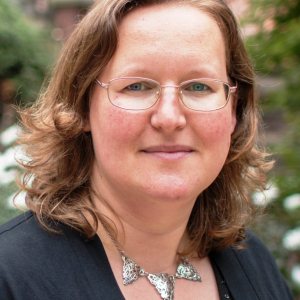Museums are in a moment of change - the idea of what a museum is, who it is for and why it does what it does needs to be considered more carefully, as the institution repositions itself within contemporary social and cultural dynamics of democracy. Museums internationally are undergoing a process of renegotiation and repositioning - sparked from within and in response to external factors - which is reflected in the development of a new ICOM definition for museums. Many now position themselves as socially-important actors addressing contemporary political topics, relating to inclusion and exclusion, representation and recognition. From the 19th century, the UK and Germany have similar national museum histories, yet very different political trajectories. The contemporary museum landscape allows for international cross- fertilisation of ideas, concepts and practices, yet the idea of 'the museum' in the UK and Germany differs markedly.
The project's premise is that while museums and notions of democracy in the two countries are different, they are changing as a result of a dynamic process of global interrelations and contrasting reactions. The project aims to enrich the development of a new reflexive Museum Studies and museum practice. A field which has too often rested on the assumed 'universality' of dominant national understandings of museums rather than on the nuanced differentiation of museums from transnational, international or global perspectives, for diverse contemporary societies. Furthermore, in times of increasing populist and anti-democratic tendencies, the project intends to strengthen the capabilities of museums to act as dialogical democratic public spaces.

